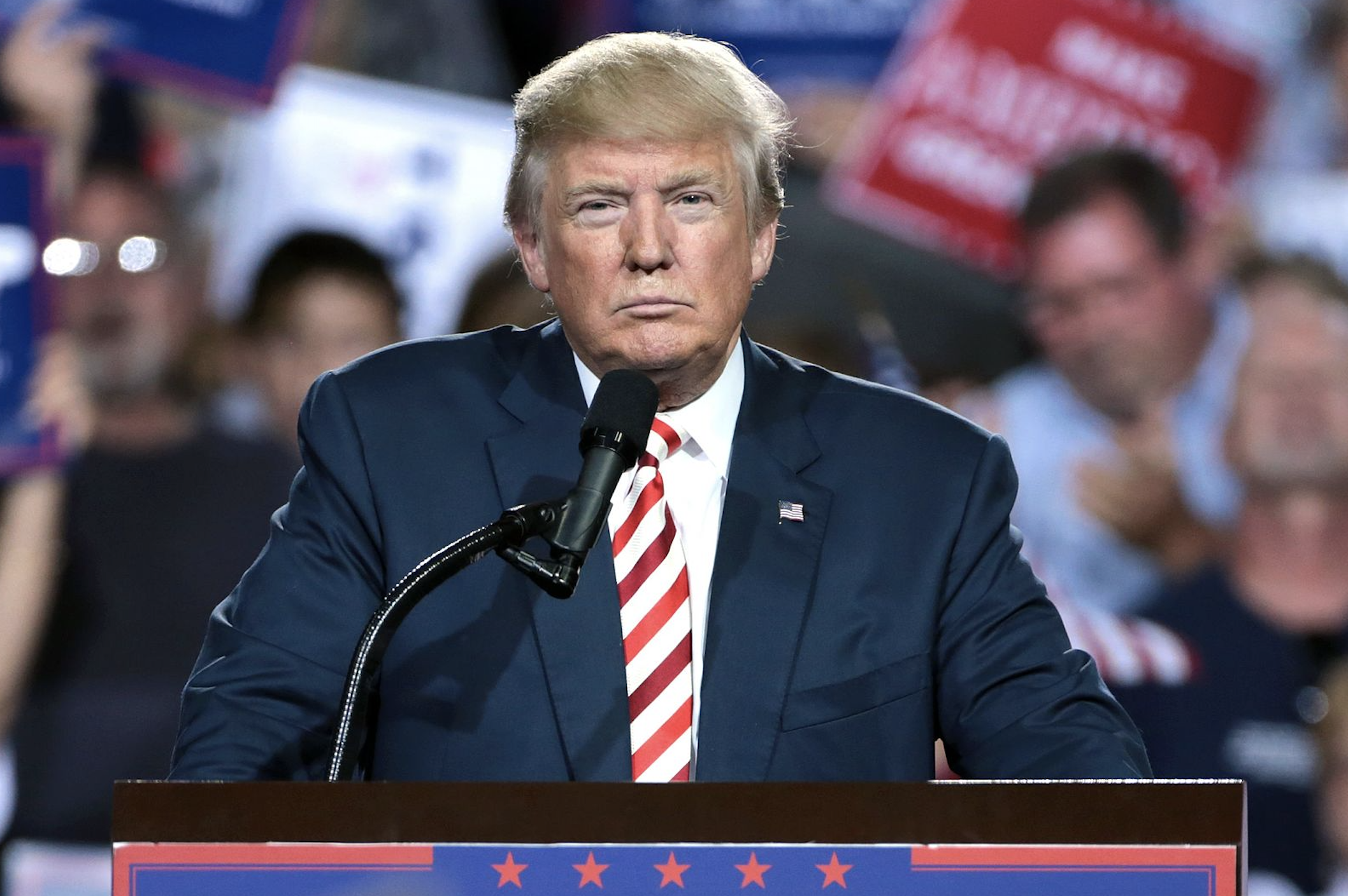
As 2020 draws to a close and Biden’s inauguration approaches, it is easy to assume that the days of being bombarded by stories about Trump and his latest absurdities are coming to an end. That, however, is wishful thinking. Trump intends to start 2021 in the spotlight, embarking on a campaign to reclaim his power.
It has been announced that Trump has no intention of attending Biden’s inauguration as President in January, and has refused to invite the president-elect and Dr. Jill Biden to the White House, as is customary for an outgoing President. However, this may be a blessing in disguise as, given Trump’s tantrums the past few weeks, it is unlikely that anything constructive would result from their interaction.
In an attempt to sabotage Biden’s presidency before it begins, Trump has embarked on a quest to make matters as difficult as possible for the former Vice President. Instead of addressing the global pandemic tearing through his country, the President is spending his final few weeks in office: removing troops from Afghanistan and Iraq, pushing through the authorisation of an arms deal that could shift the balance of power in the Middle East, planning a clampdown on China, and considering a military strike on Iran just before the transition of power. These are only parts of his vandalisation of foreign policy. An underlying motivation for this pre-emptive attack on Biden’s presidency may be to create a smokescreen for Trump’s departure and divert the attention of those who may seek prosecution towards diplomatic crises instead.
Never before has such a startling level of incompetence and egoistic manipulation tarnished the Office of President of the United States. Republican senators have taken license from the president’s behaviour to act in kind, refusing to congratulate Biden on his democratic victory. Over a month since Election Day, 220 Republicans in Congress refuse to acknowledge Biden as the President-elect, leaving only 27 who demonstrate democratic integrity. As such, this election likely isn’t over until Trump “leaves the White House under the armed escort of the Secret Service” in 2021.
Even then, when Biden is sworn in as the 46th president of the United States, Trump will refuse to become a shadow. There has been much discussion around the possibility that Trump is looking to launch a 2024 presidential campaign on Inauguration Day. Given Trump’s evident lack of interest in the actual job of the presidency, demonstrated again last month when he skipped a G20 summit event on pandemic preparedness to play golf, his desperation to cling to the White House is ostensibly counter-intuitive. Ironically, Trump previously attacked Obama for playing golf too often during his presidency, insisting that he would have hardly any time to play golf once he was in office as he would be too busy working for the American people. His 303 golf trips during the last four years beg to differ.
Whilst a strong work ethic clearly bypassed Trump’s motivations for the Presidency, it is his addiction to celebrity status and power and the fear of prosecution that more adequately explains his emotional outbursts against Biden’s victory. The soon to be former President has demonstrated autocratic tendencies throughout his time in office, and his cling to power should therefore come as no surprise. Once Trump leaves the White House, voluntarily or by force, he will have lost the armor of executive privilege and could quite feasibly end up in court or, in what would be justice for many, behind bars.
His newfound vulnerability will leave him even more at risk from the pending grand jury investigation into his family business and its activities, including his taxes, by the Manhattan district attorney. This investigation, as well as the one being conducted by the New York attorney general, are seeking criminal charges and, since their jurisdictions are beyond that of the federal sphere, any convictions will be unaffected by a Presidential pardon. As a mere citizen, he is also likely to be bombarded by more lawsuits and criminal investigations surrounding debt, inheritance fraud, and sexual misconduct. At present, Trump has to meet payment deadlines for over three hundred million dollars in loans in the next four years. On top of this, nine hundred million dollars of his real estate debt is also due in the same time frame.
The list of charges waiting for the President next year is extensive and, as such, it is unsurprising that talks of a self-pardon have been reported. The most promising strategy entails the scenario where Trump pardons any family and friends that he chooses, resigns the office, and is then pardoned by Vice President Pence. However, as aforementioned, a pardon would only provide protection from federal crimes, not the numerous investigations already underway. The reality for Trump once he leaves office is therefore bleak, explaining his fear-based undemocratic quest for victory.
Even if Trump ends up with a stream of convictions, the cause for celebration would be too optimistic. The defeat of Donald Trump does not eradicate the reality of the politics of fear or the dangerous prejudices he has emulated. That the most glorified bully who personifies racism, egoism, and deception was able to successfully maintain the highest office for four years has been an affront to human decency. This reality has ensured that the legacy of Trumpism will endure and will likely intensify amongst supporters with Trump’s departure, threatening the already unstable American democracy.



Average Rating